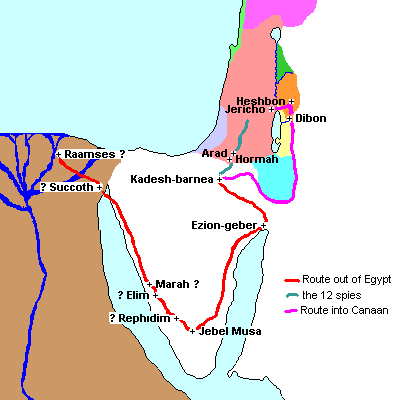
Commentator Laura made an important point a few posts ago. We found the camino to be spiritual but not religious, and I wondered if it had always been so. Laura suggests I might have it backward--that in older times the camino may have been religious but not spiritual--in an age in which people were awash in religion, many, perhaps, hit the trail without a lot of what we'd call spiritual motivation--seeking or open to transformation, navigating major life decisions, etc. Some may have been seeking the "get out of Purgatory free!" card of the major pilgrimages, others may have been doing what was charged to them as a penance. And while for Marty and I, the camino marked a stark change in mode of transportation, Laura asks also to consider how pilgrims in the old days got to the trail in the first place--their travel to the starting point may well have been nearly as challenging as the pilgrimage itself.
The hajj is a pilgrimage in that it requires travel to a holy place, carries a deep religious and often spiritual resonance, is marked by ritual observances before and during the trip. Like traditional Christian pilgrims, but less so for moderns, the muslim community has expectations of hajjis--they are to have been changed in a way that serves as a model to others. It is physically a liminal experience, but not in the same way as the camino.
I'm thinking about another form of religious walk. After some preliminary sparring back-and-forth between Moses and Pharoah,involving frogs, locusts, and other annoyances, God gets serious. The Israelites ate supper dressed for travel. It's striking, really--the story get right up to where God tells the Israelites to get ready to go, then the narrative shifts to how Israel today is to celebrate Passover. The people are to be marked by the experience of the exodus.
But I'm interested in the wandering in the desert part. Was it a pilgrimage? Was it like a pilgrimage? Was it like the hajj or the camino, or is it something else?
No comments:
Post a Comment